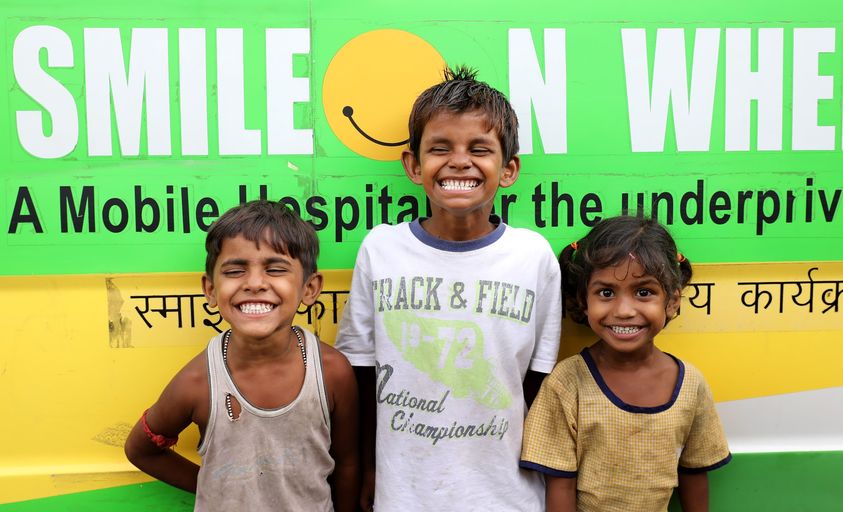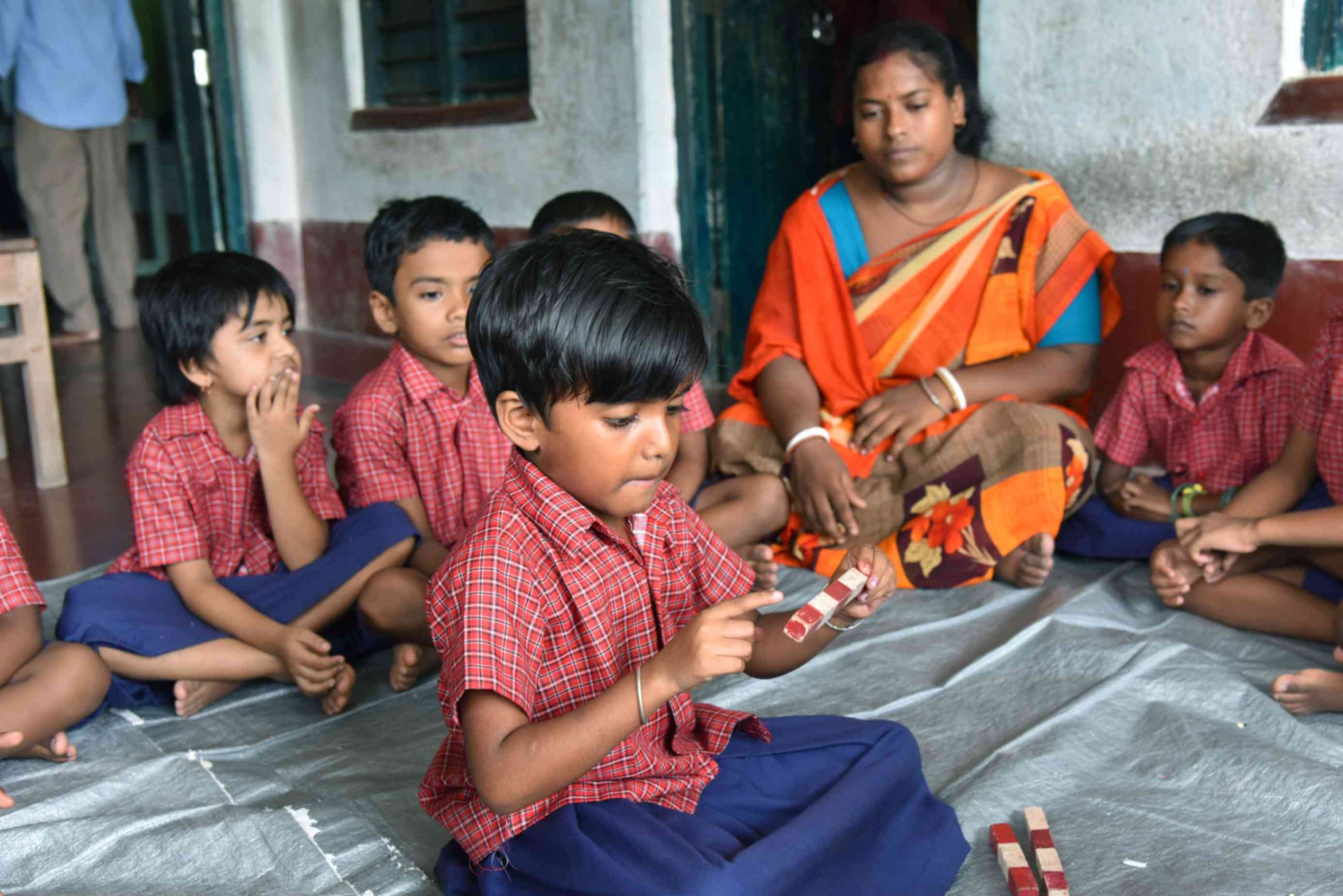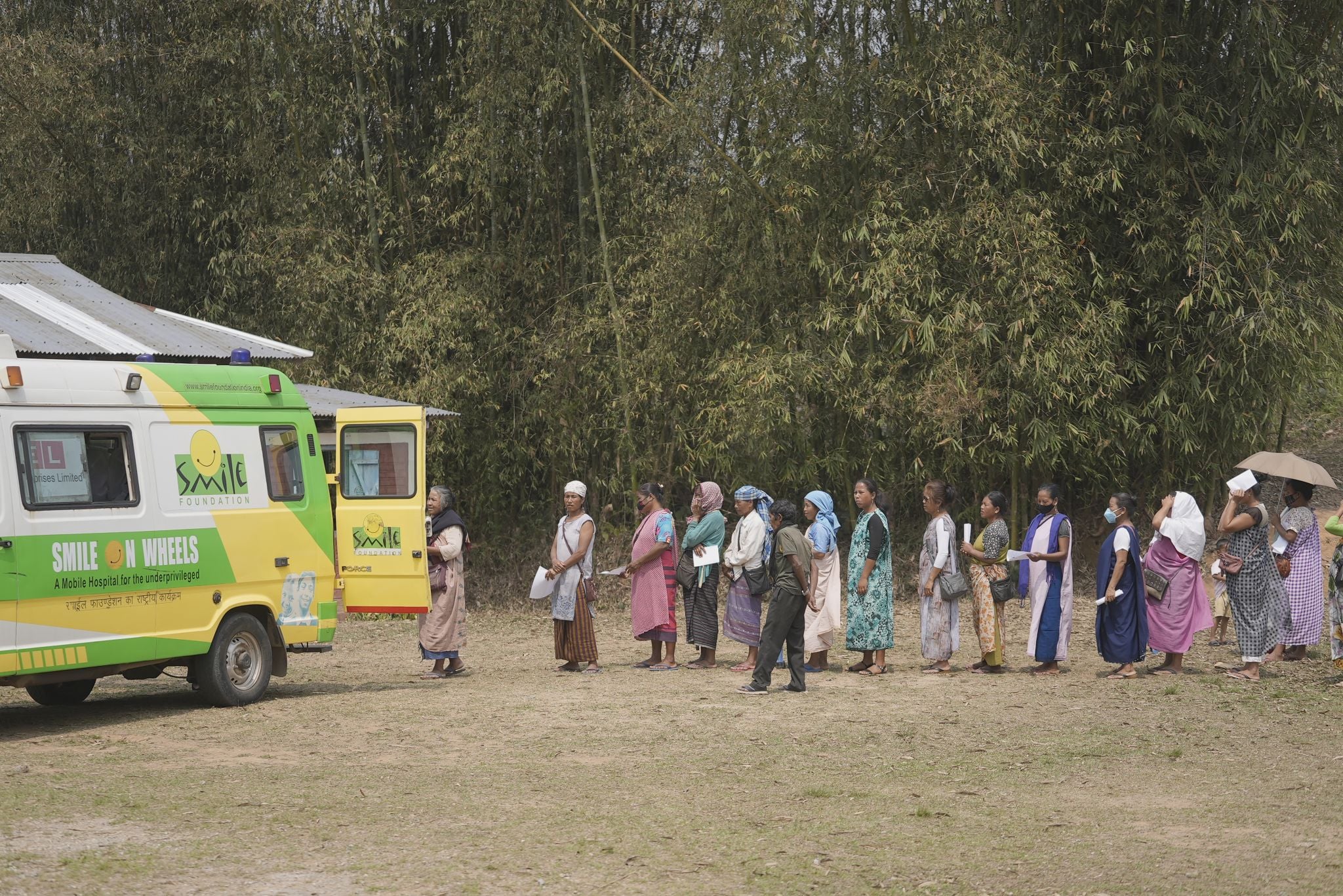As per data from 2019, only 3 percent of registered dentists in India are employed in government service – which is the primary health service provider for a larger rural population.
National Health Profile 2019
The need for oral healthcare cannot be stressed enough. Not maintaining a healthy dental care routine can cause a number of problems that may affect the gums and teeth. Recent survey has shown that Indians are way behind when it comes to maintaining a healthy oral routine. Only 45 per cent Indians brush their teeth daily which is much less when compared to people in China, Italy, Japan and other countries. Oral diseases are a major challenge worldwide, and to focus people’s attention on this, World Oral Health Day is observed every year on March 20th.
Supported by the World Dental Federation, the theme of World Oral Health Day 2024 is to spread awareness of how prioritising oral health helps in improving overall health in people. To achieve this, the FDI is using a mascot named Toothie and plans to launch a movie-inspired journey to its message far and wide. FDI, on its official website, states that the purpose of the International Oral Health Day is “to empower people with the knowledge, tools and confidence to secure good oral health.”
As per FDI, they wish to target individuals and motivate them to take personal action for improving their oral hygiene. Another important purpose of this campaign is to influence governments and policy makers to promote better oral health. This is especially important in a country like India with a huge population. Add to that the use of tobacco products like pan masala having long-term negative impact on oral health and may cause people to also lose their teeth.
Why is there a rising concern for the oral wellness of the nation?
While India has the second-highest number of dentists in the world and a dentists-to-population ratio better than what is recommended by the World Health Organisation (WHO), the country still faces many challenges when it comes to the distribution of dentists among the population, access to good-quality facilities and education institutions to train new dentists. The biggest challenge is the uneven distribution of dentists in urban and rural areas. As per data from 2019, only 3 percent of registered dentists in India are employed in government service – which is the primary health service provider for a larger rural population.
Not just this, the colleges and institutions to train new dentists are also unevenly disbursed across the country, with Maharashtra, Tamil Nadu and Karnataka having majority of colleges while Jharkhand, Uttarakhand and Bihar facing a shortage of such institutions. World Health Organisation’s (WHO) Oral Health Country Profile of India, published in 2021, shows the impact of these challenges on the oral health related problems among the people. As per the report, the prevalence of untreated cavities of deciduous teeth in children 1-9 years stands at 43.3 percent and the prevalence of severe periodontal disease in people 15+ years is at 21.8 percent.
The Oral Health Country Profile for India highlights significant challenges and opportunities in oral healthcare. India faces a high prevalence of untreated caries in both deciduous and permanent teeth, severe periodontal disease and edentulism. The country also struggles with a notable burden of lip and oral cavity cancer. Despite these challenges, India has implemented policies like taxes on sugar-sweetened beverages and has a national oral health policy strategy or action plan in place. The availability of dedicated staff for oral health and the inclusion of oral health interventions in public health benefit packages are positive steps.
However, there is a need to address the shortage of workforce, with low numbers of dentists and dental assistants per population. Affordability of fluoride toothpaste remains a concern, impacting oral health prevention efforts. Overall, India has opportunities to improve oral health outcomes through enhanced workforce capacity, increased access to essential oral health services and continued focus on preventive measures and policies.
Initiatives in places to help the situation
To exploit these opportunities and to improve the overall oral health ecosystem in India, the government brought The National Dental Commission Bill, 2023. The reform aims to overhaul the existing Dentists Act 1948. In place of that, the National Dental Commission (NDC), the Dental Advisory Council and three autonomous Boards are to be established to regulate dental education and standards. The mandate of the NDC also goes beyond regulation and includes policy formulation for dental education, training governance and examination.
The commission also focuses on promoting soft skills education among the dentists. In terms of dealing with the problems with the profession, the commission is aimed at evaluating oral healthcare needs, promoting preventive services, establishing professional ethics and guidelines, and setting guidelines for fees in private institutions and deemed universities.
More reforms for improving the status of oral health
The reforms in the dental health industry in India are especially important to make it accessible to people from all income groups. This is because dental health services are not covered in the insurance products offered in India. A standalone dental insurance policy in India does not exist, while it is available in most developed countries. This means that people have to pay from their pockets in case of dental emergencies or to get regular oral check-ups done. This is likely to deter a large part of the population from accessing regular dental services, further increasing the risk of oral health related problems.
The Indian government has been working hard in the area of making dental health available to everyone and also spreading awareness among people for maintaining oral hygiene. Private companies, like dental products manufacturers, have also run advertising campaigns to influence people to focus on their oral hygiene. However, there is still a long way to go and the oral health concern in India is far from being resolved right now. Therefore, it is necessary to observe days like World Oral Health Day and organise programmess in institutions across the country to make people realize the importance of oral hygiene. This should also set the foundation for an increased investment in dental healthcare infrastructure and education. While we face many challenges, India also has the potential to solve this problem with a focused approach.
Smile Foundation and delivering smiles through oral health interventions
In recognising the synergic relationship between oral health and overall wellness, Smile Foundation is taking actions to support communities in achieving better health outcomes. This commitment underscores the belief that improved everyday health should be accessible to all individuals. With a focus on positively impacting the residents of the communities it operates in, we see our valuable partnerships as an opportunity to facilitate change and address barriers hindering the delivery of oral healthcare services to underserved areas. You too can be a part of the oral wellbeing initiative of the nation by making a small contribution here.









